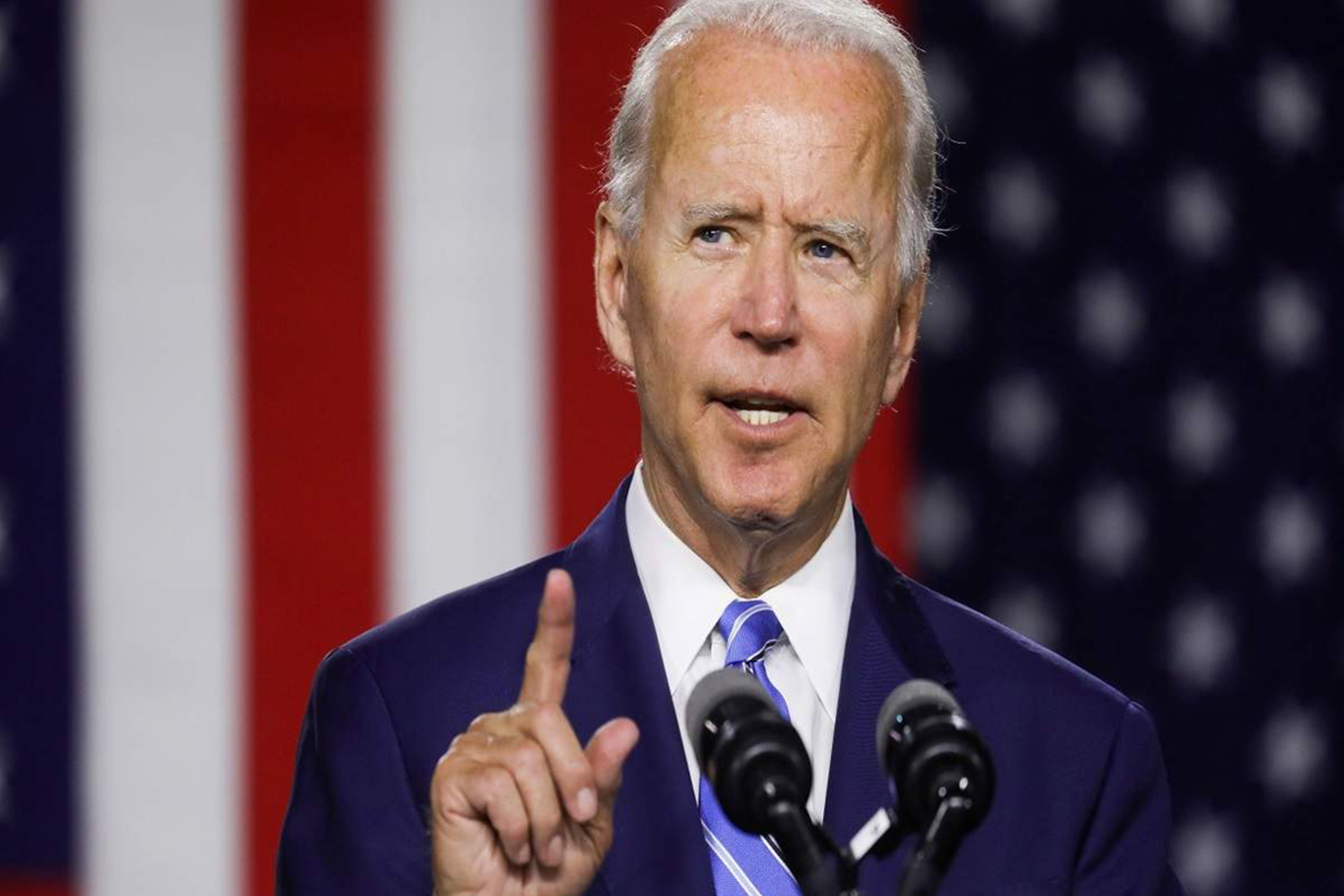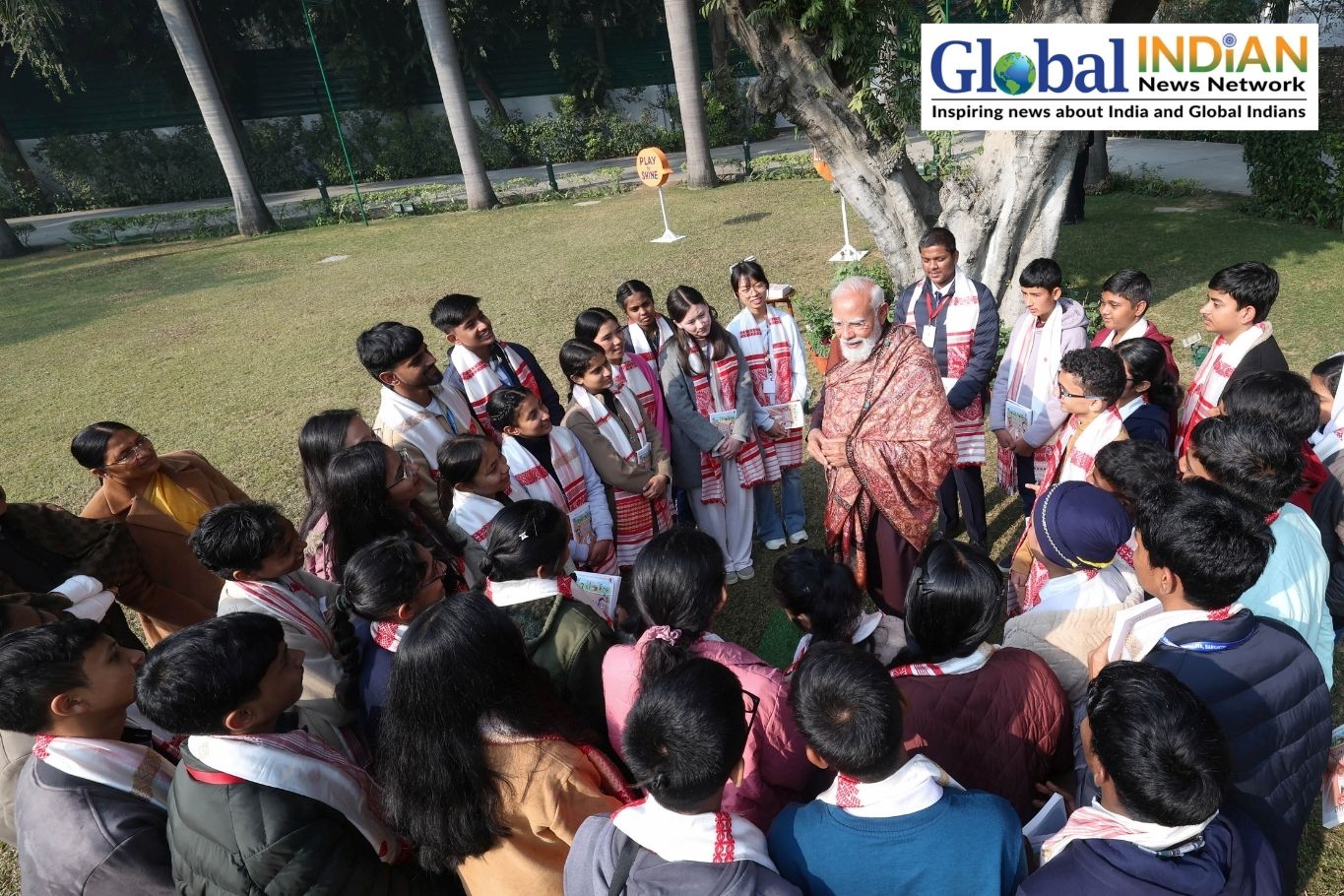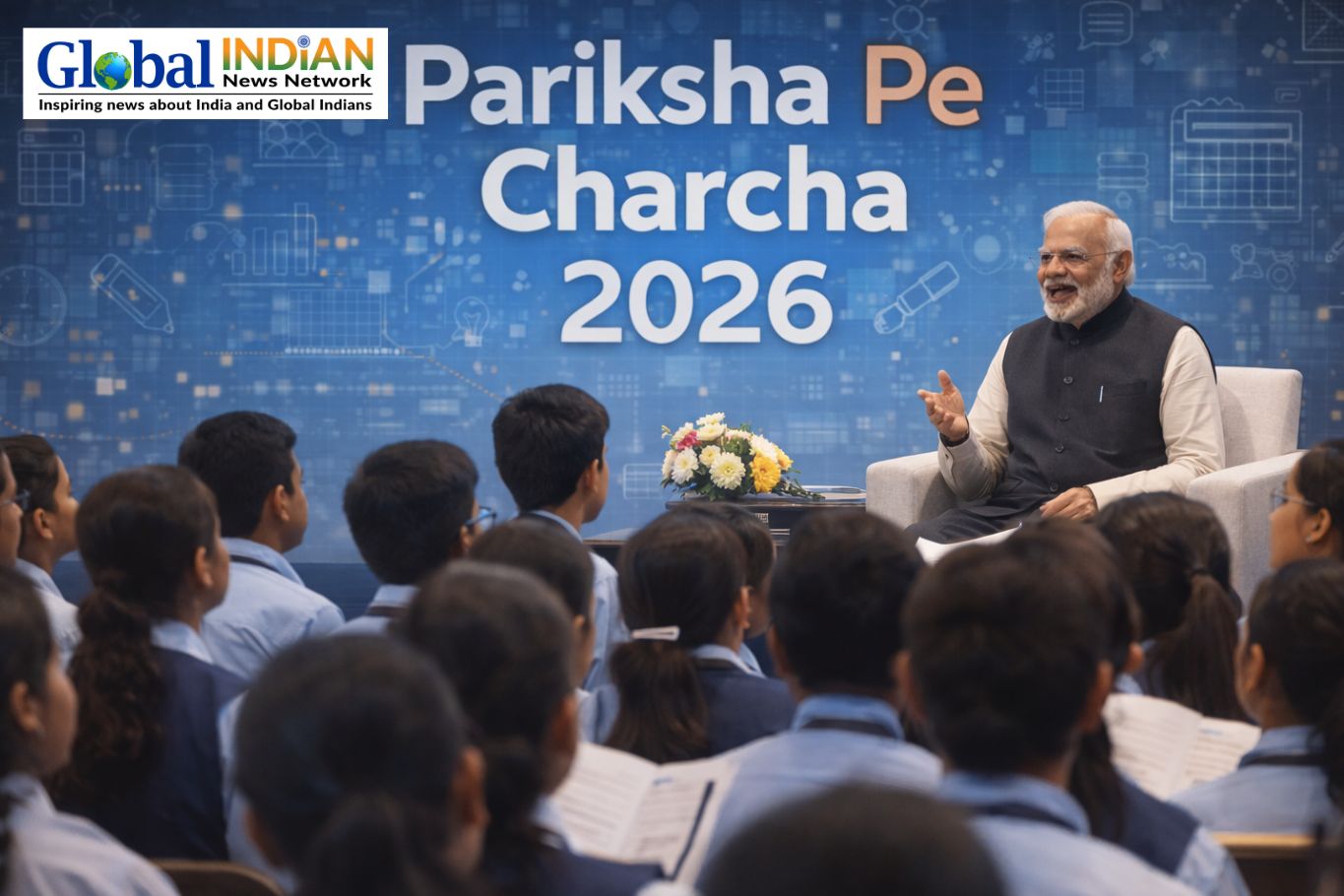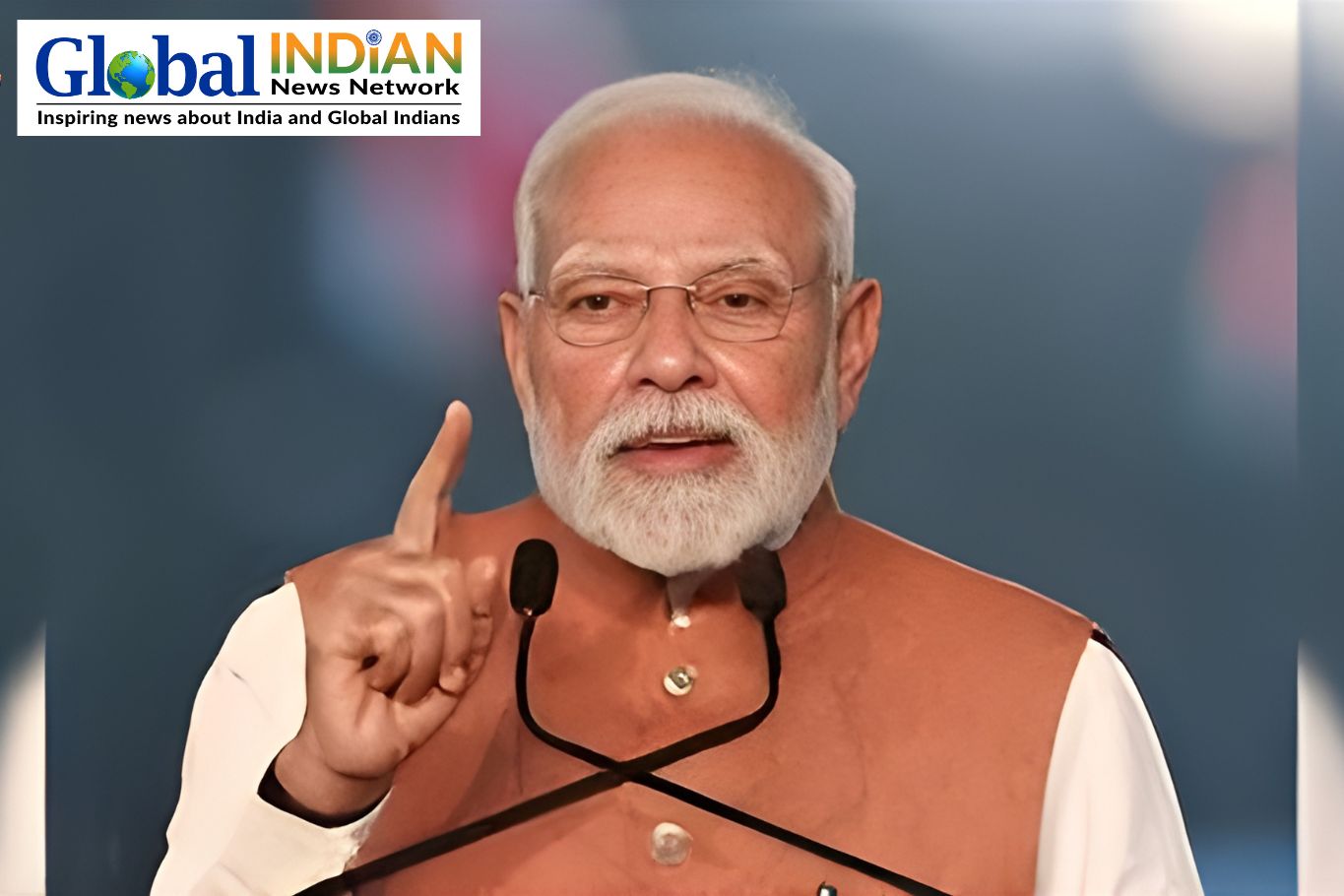 Biden affirms US support for India’s permanent membership in reformed UNSC and NSG
Biden affirms US support for India’s permanent membership in reformed UNSC and NSG
US President Joe Biden has once again expressed the United States’ backing for India’s permanent membership in the reformed United Nations Security Council (UNSC) and Nuclear Suppliers Group (NSG), and has committed to continuing engagement with like-minded partners to advance this objective.
Biden has welcomed India’s candidacy as a non-permanent member of the UNSC for the 2028-2029 term, recognizing India’s significant contributions to the UN system, its commitment to multilateralism, and its active involvement in intergovernmental negotiations on Security Council reforms.
In a joint statement issued by India and the US, both nations have reaffirmed their determination to counter any unilateral attempts to undermine the multilateral system. President Biden and Prime Minister Narendra Modi have emphasized the need to strengthen the multilateral system.
The joint statement states, “In this context, both sides remain committed to a comprehensive UN reform agenda, including through expansion in permanent and non-permanent categories of membership of the UN Security Council.”
“Recognizing the importance of a more inclusive and representative global governance, President Biden reiterated US support for India’s permanent membership on a reformed UN Security Council (UNSC),” the statement reads.
It further adds, “In this context, President Biden welcomed India’s candidature as a non-permanent member of the UNSC for the 2028-29 term, considering India’s significant contributions to the UN system, commitment to multilateralism, as well as its active and constructive engagement in the Inter-Governmental Negotiations process on Security Council reforms, with an overall objective of making the UNSC more effective, representative, and credible.”
The joint statement also highlights the crucial role of nuclear energy in global decarbonization efforts and recognizes nuclear energy as a necessary resource to address climate change, energy transition, and energy security needs. The ongoing negotiations between the Nuclear Power Corporation of India Limited (NPCIL) and Westinghouse Electric Company (WEC) for the construction of six nuclear reactors in India are mentioned.
Furthermore, Biden and PM Modi reiterate their commitment to a “free, open, inclusive, peaceful, and prosperous Indo-Pacific region” while upholding territorial integrity, sovereignty, and international law. They express concerns over “coercive actions and rising tensions” and oppose unilateral actions that seek to alter the status quo through force.
Both sides emphasize the importance of adhering to international law, particularly the United Nations Convention on the Law of the Sea (UNCLOS), and maintaining freedom of navigation and overflight in addressing challenges to the maritime rules-based order, including in the East and South China Seas.
In a recent interview with The Wall Street Journal, PM Modi called for reforms in global institutions like the United Nations to make them more representative in the multipolar world order and to protect less affluent countries from the consequences of climate change and debt burden.
When asked about India’s aspiration for permanent membership in the Security Council, PM Modi stated that a comprehensive evaluation of the council’s current membership should be conducted and that the world should be consulted on India’s inclusion.
PM Modi aims to position India as a natural leader of the global South, capable of voicing the long-neglected aspirations of developing countries, as reported by The Wall Street Journal.
“We believe that India deserves a much higher, deeper, and wider profile and a role on the world stage,” the Prime Minister said. He added, “We do not see India as supplanting any country. We see this process as India attaining its rightful position in the world.”











